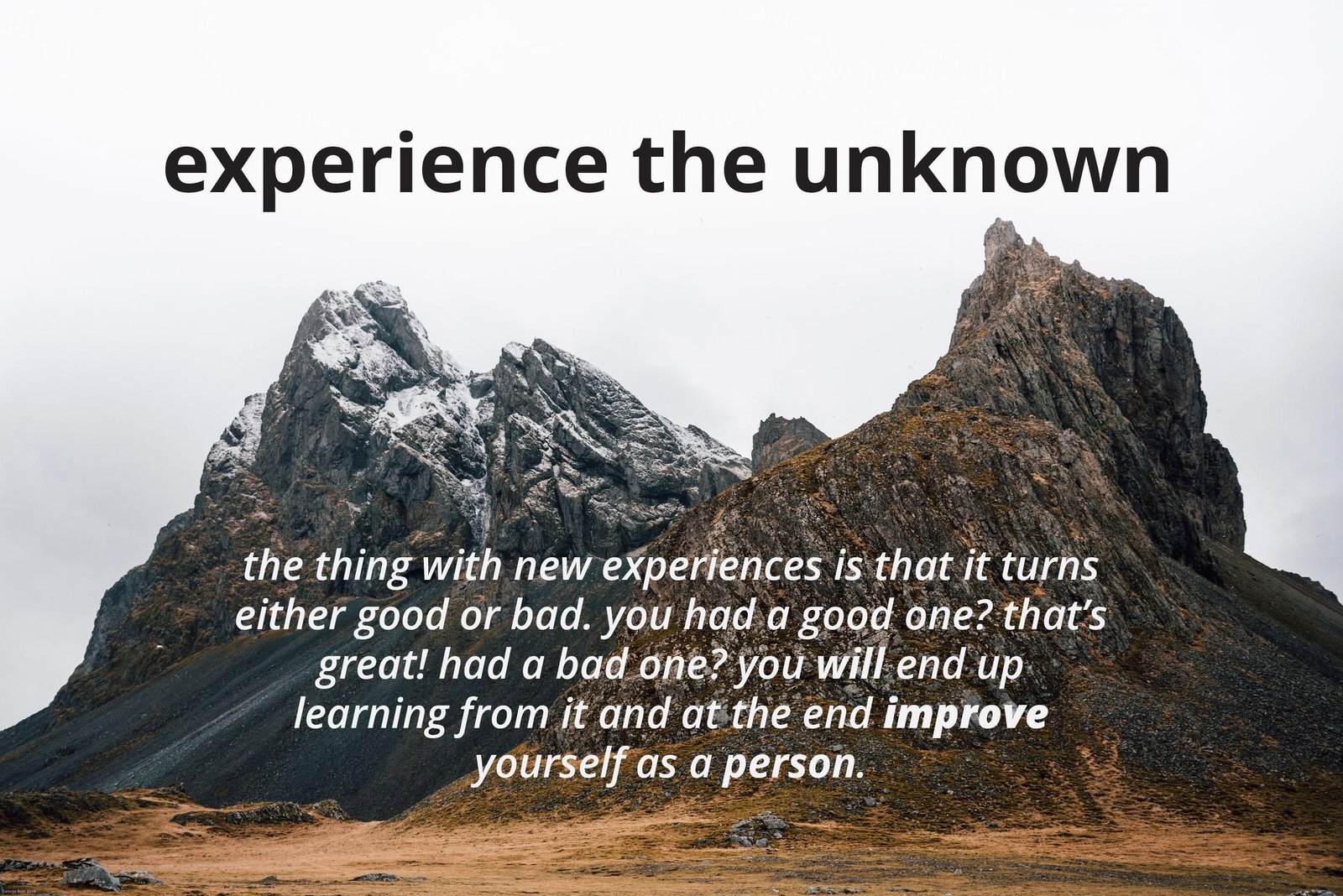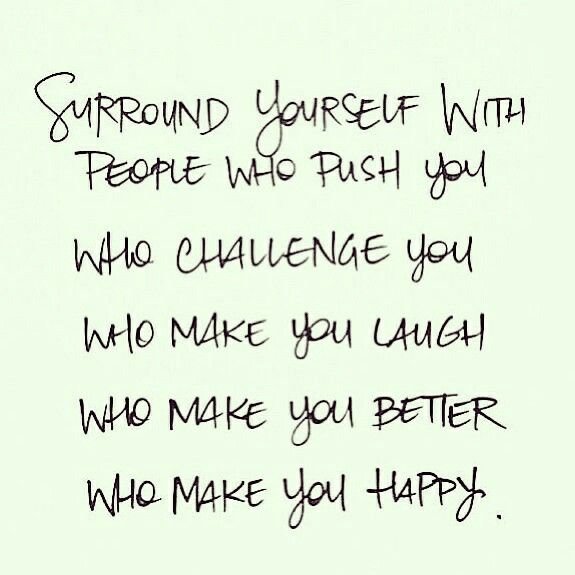Why
stepping outside your comfort zone is Essential.

Why it’s Important.
Believe it or not. When you challenge yourself to do things outside your norm. There are physical changes that occur in the body that can improve your overall health. I have a question? When was the last time you challenged yourself? Something that had a big enough impact to have a memorable experience from it. For me? It was last week. I posted on my social a video if you want to check it out. But I hadn’t gone on a hike in years! So on a beautiful Sunday I hit the mountain and found a fairly challenging 1.5 mile hike that topped around 9,000ft. I also made the hike harder where possible lol. Felt hydrated enough too. So I didn’t bring water. Did I have the best shoes? No lol.
It was a great experience though. Escaping from the world for a bit to just be with yourself and the beautiful nature we were given. I had a lot of clarity with things, that came to me from that hike. So think about your last time? If its been along time whatever you consider that being? Than maybe its time for you to take that next step. Theres so many ways we can challenge ourselves. Physically, mentally, professionally or emotionally even.
The Science Of Challenge.
Emotional Growth
Every time you take on a challenge, you prove to yourself that you’re capable of more than you thought. This builds self-confidence and a sense of pride in your achievements. Over time, you develop resilience and the ability to bounce back from setbacks and keep moving forward.
- There are two different types of body responses to stress. Eustress and Distress. Distress and eustress sound similar but are very different experiences. Distress refers to bad and overwhelming stress that impairs functioning. Eustress is positive, motivating, adaptive, and also helpful. Stress is a normal physiological and psychological response, but how individuals respond can make a difference in whether they can learn and grow from challenging situations.
- Distress is know as “bad” stress. Most often distress causes people to feel overwhelmed and anxious. Many also experience physical and psychological symptoms like headaches, tension, insomnia, inattentiveness, or irritability. Frequent, intense, or chronic stress is toxic to the body and the brain. Research has linked distress to various physical and mental illnesses. A person experiences distress when they assume they cannot change or fix a stressor. But I do want to say also. That there are going to be uncomfortable stressors your going to have to just face and deal with for a certain outcomes. So just know those now before you start. Give yourself the best upper hand you can. But there are certain stressors we could probably evaluate and eliminate. Put some possible work into getting rid of.
- Eustress encourages people to work hard, improve their performance, and reach their goals, even in the face of challenges. Eustress happens in response to actual problems or threats to provide the energy, motivation, and focus needed to confront or solve the problem.
Whether a person experiences distress or eustress mainly depends on their perception of themselves and the stressor. So let me give you an example. Individuals will more likely experience eustress if they believe they can solve a problem. This positive assessment of the stressor helps them channel their focus. Thats provided by the fight-or-flight response to work toward the solutions.
Also challenging our brains builds cognitive reserve. Which has been proven to help protect against age-related cognitive decline and dementia. So by creating new neural connections and strengthening existing ones through neuroplasticity. We can improve our mental health and help keep us sharper as we age.
Physical Growth
challenging our bodies is some of the best medicine for our bodies. It does everything from improving muscle health by depleting our muscles of that stored up glycogen(Energy). To releasing dopamine and other chemical reactions in the body to help build you stronger and improve overall health. Combine that with the proper nutrition! Your going to become a new person alone just from being consistent in challenging yourself physically.
Of course, challenging ourselves isn’t just about the mind. When we set physical goals, maybe running a 5K, trying yoga, or simply walking more each day. We’re giving our bodies a chance to get stronger and healthier. You don’t have to train for a marathon, even small changes, like adding a few push-ups to your morning routine or taking the stairs instead of the elevator, can make a big difference over time.
Challenging your body in new ways improves cardiovascular health, increases muscle strength, and boosts flexibility. Plus, it helps you develop healthier habits that can last a lifetime. The sense of accomplishment you get from hitting a fitness goal can spill over into other areas of your life, making you more motivated to eat well, sleep better, and stay active.
Pushing ourselves out of our comfort zones. Can often lead to a sense of accomplishment and boosts our self-confidence. When we successfully meet challenges we release endorphins and other “feel-good” hormones, which can improve mood and combat anxiety or depression. Setting and achieving goals, no matter how small, provides a sense of purpose and motivation.
How to Start Challenging Yourself—Safely and Successfully
Ready to get started? Here’s a friendly coach’s roadmap: If Needed. Some Helpful Tips..
Pick a Goal That Excites You: Choose something that sparks your interest. It could be fitness-related, creative, or a personal development goal. The key is to find something that feels meaningful to you.
Break It Down: Big goals can feel overwhelming. Break them into smaller, achievable steps. Celebrate each milestone!
Embrace the Discomfort: Growth happens when things get a little tough. Remind yourself that it’s okay to feel challenged—it means you’re moving forward.
Track Your Progress: Keep a journal or use an app to record your wins. Looking back on how far you’ve come can be motivating.
Find a Support System: Share your goals with friends, family, or a coach. Encouragement and accountability make the journey easier (and more fun!).
Be Kind to Yourself: Not every day will be perfect, and that’s okay. Celebrate your effort as much as your results.
Conclusion.
Challenging ourselves is more than just a push toward personal achievement—it’s a fundamental way to enhance our overall health and well-being. Whether it’s taking on a new fitness routine, learning a new skill, or setting ambitious career goals, embracing challenges can have significant benefits for both our minds and bodies. However, the process of challenging ourselves is not always easy. It requires self-reflection, the willingness to step into the unknown, and the courage to risk failure. Challenging ourselves is a powerful catalyst for growth. By stepping outside our comfort zones, we nurture our physical, mental, and emotional health. Even often inspire those around us to do the same! No matter your age or current condition, it’s never too late to take on a new challenge and invest in your well-being. So take the step. Create something new for you.


Leave a Reply